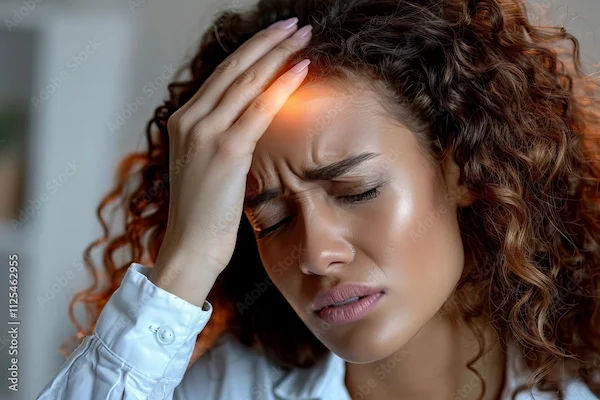- Male
- 32 Years
- 22/01/2025
I'm a bit worried because I had my earwax removed by an ENT and they used a sharp tool. After that, they inserted this pipe-like instrument, and it made this really loud noise in my ear. It's been about 25 days now, and there's still some pain in my ear, but it's not super severe. I'm just concerned that maybe this pipe thing hurt my eardrum. So, if the pipe did hit my eardrum, would there have been immediate, intense pain? And what are the signs of having a hole in your eardrum?
Answered by 1 Apollo Doctors
That could be vacuum which you are saying about,do not worry it causes no damage,the pain that younare saying could be negligible forget about it,if it's becoming worse visit your doctor for evaluation.
Dr. Ranjith Suggests...
Consult a Ent Specialist
Answered 04/07/2025
0
0

More ENT Health Queries
View allMy husband's 28 and he's been dealing with a sore throat and pain for a few days now, but he's not running a fever. Yesterday morning there was blood in his sputum, and it happened again today. Could you please give us some advice on what this might be about? We're a bit concerned.
Severe pharyngitis (inflammation of the pharynx) causes severe irritation in the throat, which results in violent bouts of cough. This cough can sometimes cause rupture of some small blood vessels, which results in small amounts of blood being expectorated with sputum. It is no cause for concern, but if the bleeding persists and increases in quantity, a physician consult is necessary.
Answered by 1 Apollo Doctors
my mom was diagnosed with a vocal polyp in her vocal cord and some doctors are recommending surgery. are there any non-surgical treatments or natural remedies that could help instead also can she consult with specialists in india for this issue
Yes, there are non-surgical and natural approaches to managing vocal cord polyps, and consulting with specialists in India is a good idea. Non-surgical options include voice therapy, lifestyle modifications (hydration, avoiding irritants), and sometimes medication. Homeopathy and other alternative therapies are also explored by some. Specialized ENT (Ear, Nose, and Throat) doctors in India can provide comprehensive care and personalized treatment plans.
Answered by 1 Apollo Doctors
I've been dealing with bad breath for a while now, and my tongue always has a white coating with white lesions on it. No matter what I try, the bad breath won't go away. There's also this weird metallic or sulfur-like taste in my mouth, and I feel like I've lost my normal sense of taste. I've had sinus surgery, an endoscopy, and everything seems fine, but the issue still persists. What could be causing this, and how can I fix it?
The most common cause of a white tongue is poor oral hygiene. Small bumps on the tongue called papillae can swell up and become inflamed in a mouth that is not cared for well. Plenty of germs, debris, food particles, and dead cells can get stuck between these papillae.
Answered by 1 Apollo Doctors
Disclaimer: Answers on Apollo 247 are not intended to replace your doctor advice. Always seek help of a professional doctor in case of an medical emergency or ailment.





